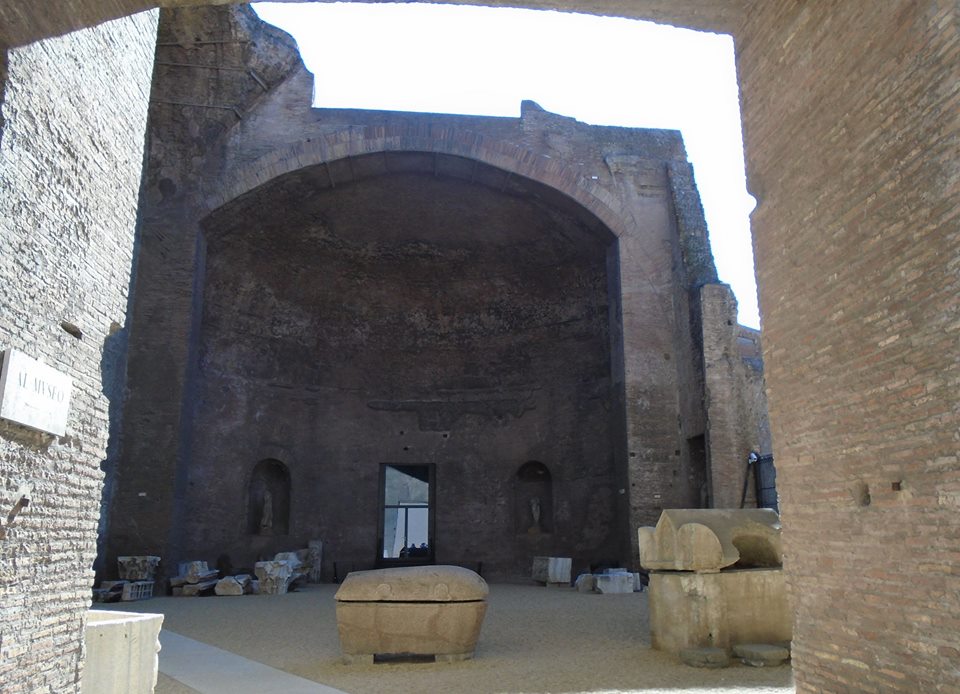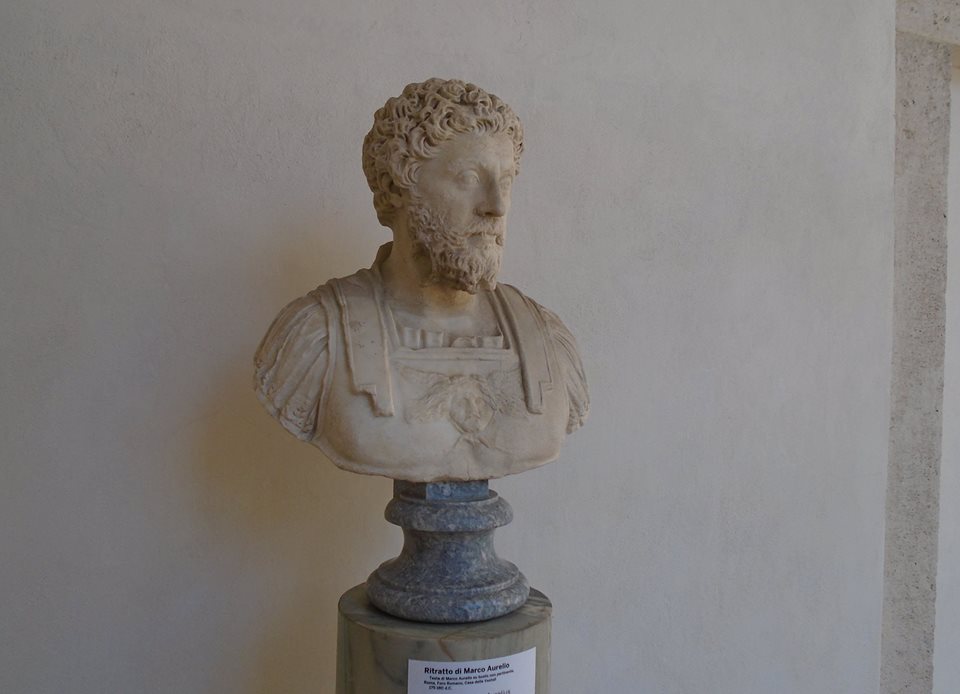Yesterday it was the baths of Caracalla. Today we visited the baths of Diocletian. They are similar.
Diocletian was an interesting emperor and even after 1700 years, he is still controversial. We all agree that he saved the empire. We disagree about what it is he saved.
The Roman Empire was not democratic and citizens did not enjoy the kind of civil right we treasure. However, there was a fair amount of liberty, at least by the standards of the time. If you stayed away from a few politically or religiously fraught topics and you didn’t make trouble, the authorities largely left you alone. Of course, you needed to avoid marauding armies engaged in civil wars, but – again by standard of the time – life was okay.
Diocletian changed that. He was a practical guy and practically a totalitarian. He debased the currency and when people did not want to accept it, he set up wage and price controls. When people worked less or left particular professions because of onerous rules and taxes, he decreed that they had to stay in those jobs. When there were too few replacements for those who died, he decreed that sons had to follow in their father’s trades.
What’s to like about him. I do not, but let me try to tell that side. Diocletian stabilized the borders and the state, for a short time at least. His administrative reforms continued in place for hundreds of years. If you like control, Gaius Aurelius Valerius Diocletianus Augustus was/is your man. And he did build those baths.
IMO, it might have been better for the Empire to have disintegrated and maybe reformed into something or somethings better. Opinions differ.
You can see some of the remains of the baths of Diocletian in my photos. The walls are really thick as you can see from my photo with me sitting near the window for size comparison. My last photo is a bust of Marcus Aurelius, the last of the “good emperors.” A version of Marcus Aurelius is featured in the film “Gladiator.” Marcus dis a generally good job, but left the empire to his son, Commodus. That was a mistake.
Marcus was a Stoic philosopher and his book “Meditations” is a leading source for this way of thinking. Stoicism became very popular among the formerly ruling classes in the Roman Empire. In many ways (again IMO) that was not good. Stoicism is great philosophy but in some of its renditions it can be passive, in that you can let things happen around you, taking refuge in philosophy. Another good source for this sort of ancient thinking is found in Boethius. I recommend both Marcus’ “Meditations” and Boethius “The Consolation of Philosophy.” You really cannot understand the late Roman Empire or the early middle ages w/o being familiar with both.




